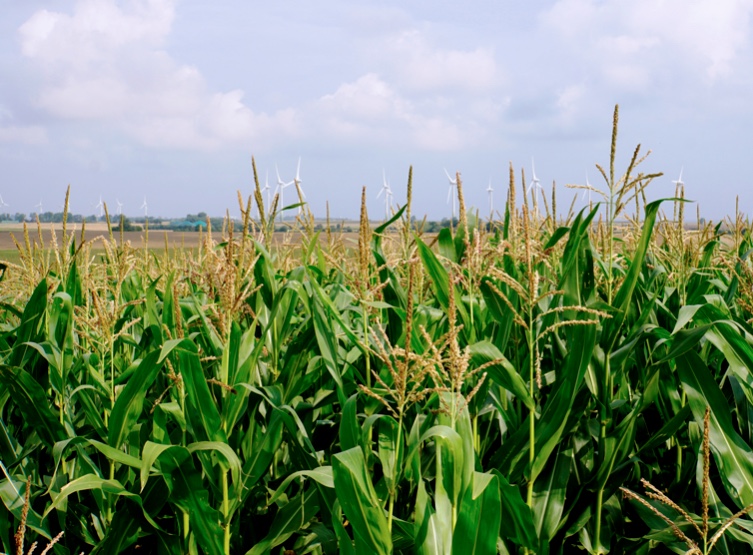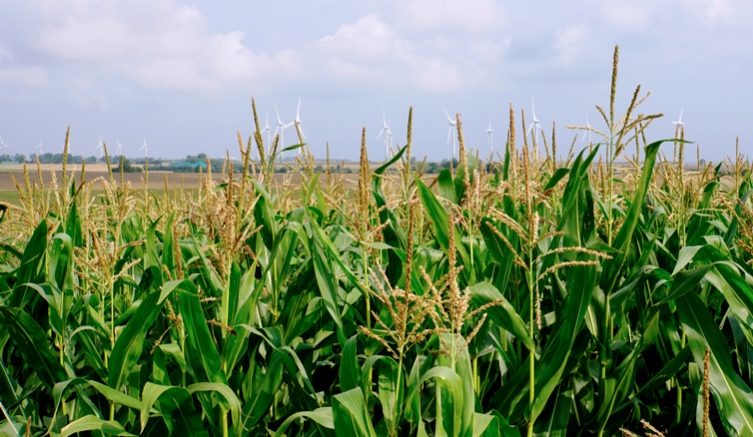
In the shadow of the COVID-19 lockdown, food issues have become a major concern of the international community. As of 19. April this year, more than a dozen countries in the world have imposed export restrictions on agricultural products, including Vietnam, Thailand, Kazakhstan, Russia, Ukraine and Turkey. The produces restricted or suspended include wheat, rice, eggs, potatoes, onions and buckwheat, etc.. Meanwhile, due to insufficient manpower and problems in the supply chain caused by the epidemic, agricultural products in many countries have been hampered in harvest or cannot be shipped out in a timely manner.
Will the human world face food shortages in the near future? On 21. April, the agriculture ministers of G20 held an extraordinary online meeting to discuss how to ensure food security and the stability of its supply chain. The statement of the meeting released by the G20 sent out a strong message, unanimously approving the assessment results of AMIS (Agricultural Market Information System), e.g. at present global food supplies are adequate and food markets remain well balanced. However, the agriculture ministers emphasized that the emergency measures taken by various countries due to COVID-19 must be transparent and in place to prevent unnecessary supply chain breakage. They called on other members to continue providing timely and reliable information on global food market fundamentals to help markets, countries, and consumers make informed choices. Unreasonable restrictive measures may lead to excessive fluctuations in food prices on the international market, threatening the world food security and nutrition for a considerable number of people, especially vulnerable groups living in an environment with low food security.
However, this statement is not stopping the countries from implementing export restriction measures. And the public opinion is catering for the worry of food shortages, generating irrational behavior of food-hoarding.
Regarding food, what’s the situation right now in Europe? Will Europe face food-shortages? Let’s first take a look at Austria, a small country in Central Europe. Austria does not lack local agricultural products, but it’s not self-sufficient. As for the domestic market demand, its self-produced vegetable oil is only 21%, rapeseed oil only 45%, honey only 41%, fruit only 27%, vegetables only 56%, poultry 67%, dairy 71%. eggs up to 81%. What seems consoling is the percentage of basic ration such as home-grown potatoes (78%), self-produced beans (80%) and cereals (86%).
As a matter of fact, the basic ration of beans, cereals, and potatoes have a large floating space. By a harvest year or some national regulations, it can meet 100% of the domestic market demand. Austria does not produce its own rice though. Rice is all imported from countries like Italy, Thailand and Turkey. Edible oil, seafood, fruits, eggs, cocoa powder, coffee and hazelnuts, as well as many semi-finished products, are also dependent on imports. For the Austrians, these items are not luxury goods but part of daily necessities.
What should be brought to attention on the issue of agricultural produces, in my humble opinion, is actually the phenomenon of the vicious cycle of food distribution. In Austria, only 20% of cereals are used for human rations. 80% are delivered for industrial feed and fuel, which is shocking. As a country with very high degree of mechanization for agriculture, Germany delivers 50% of its cereal produces to feed its more than 200 million farmed animals.
Germany is the fourth largest agricultural producer in the European Union, but it needs quite a few imported agricultural products and food, too, such as milk and dairy products, meat and fish, fruits and vegetables., The EU countries are all interdependent in this sense. The German Ministry of Agriculture once said that international trade is the key to a good global quality of life. Without international commerce, consumers’ choices will be much less and prices will be much higher. People’s living standards will therefore drop significantly. At the G20 online meeting, the agriculture ministers also promised to cooperate closely, to take concrete actions to maintain global food security, and to ensure the continuous circulation of food and agricultural products.
However, the pace of globalization is a double-edged sword if the environmental issues are not treated as a top priority. Whether there will be food shortages depends more on the direction of agricultural products transactions. If the demand for industrial feed is the same as before, cereal crops in many countries will continue to be reserved mainly not for human consumption, but for industrially farmed animals. In case of emergency, either humans may face food shortages or those ill-fated animals. Nourishment of human beings today is no more an issue under modern agricultural technologies. The abundancy of grains, though, is facing the key challenge of environmental protection.


Be the first to comment on "Will Europe Face Food-Shortages?"